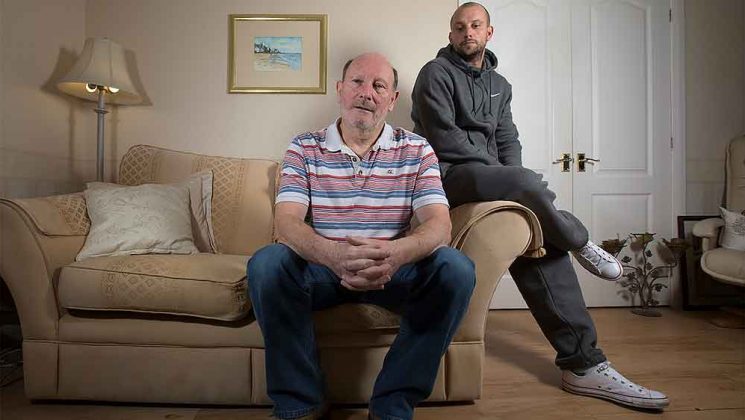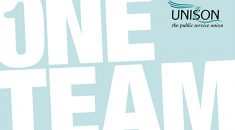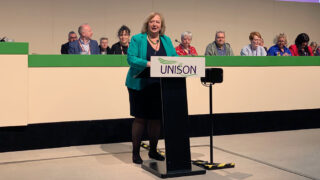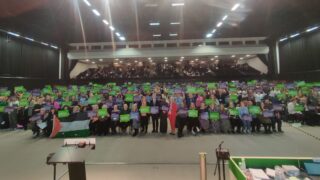An unprovoked assault outside a Manchester nightclub changed Matthew Edgington’s life for ever. Several years on, his father John says he and his family still feel a debt of gratitude to the many health service staff who saved his son’s life.
Saturday 28 November 2009: John Edgington and his wife had been out for a meal to celebrate his 61st birthday. Their son Matthew, then 25, who had just started a new sales job, had played football in the afternoon, bought some new clothes and gone off clubbing with friends in Manchester.
At about 3am, the phone rang. It was one of Matthew’s friends. A six-mile drive from Bury, and John and his wife arrived at Manchester Royal Infirmary just as Matthew, unconscious and his face covered in blood, was coming back from a scan.
“Matthew had been punched three times in the back of the head, by two people, in an unprovoked attack outside a nightclub in Manchester,” John says.
The doorman had given Matthew first aid and put him in the recovery position. By chance, though, a nearby ambulance, out on a call that had turned out not to be that serious, was diverted.
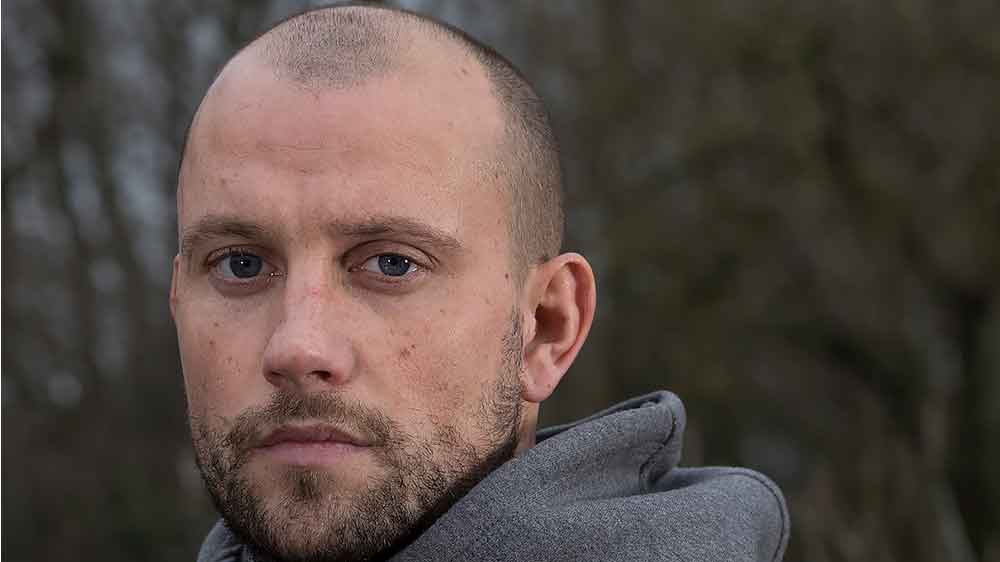
“Had the ambulance crew not done what they did, almost certainly Matthew would have died,” John says.
Six months hospitalised
Matthew had sustained a serious brain injury, a fractured skull and a damaged optic nerve in his right eye. He wasn’t talking and had to have a full tracheotomy.
“The hospital staff were all great, particularly the nursing staff,” John says. “They had a lot to cope with, because Matthew was aggressive as a result of the injuries he’d sustained. That’s not easy to deal with.”
They also showed great consideration to John and his wife, often going out of their way to put their minds at rest.

In total, Matthew spent six months in hospital. From Manchester Royal, he was transferred to Salford Royal, for two weeks in intensive care, a further two in a high-dependency unit, where he developed post-traumatic amnesia, a symptom of serious brain injury.
At the beginning of April 2010 he moved to the specialist Floyd Unit in Rochdale for neurological rehabilitation, and remained there until June 2010.
Life-changing injuries
The permanent brain and optic nerve damage have left Matthew, now 32, with symptoms of tiredness, impaired vision and cognitive and memory problems. There are still occasional problems with aggression.
Since the assault, he hasn’t worked on a full-time basis and is no longer able to play football, having been a successful salesman and semi-professional footballer at the time of the assault.
“He had been a very confident person, but a huge amount of that confidence has been knocked out of him,” John says.
But Matthew is alive. For John, this is thanks entirely to the skill, hard work and dedication of NHS professionals – the ambulance crew, ward sisters, charge nurses and other nursing staff, surgeons, neuropsychologists, occupational therapists and physiotherapists.
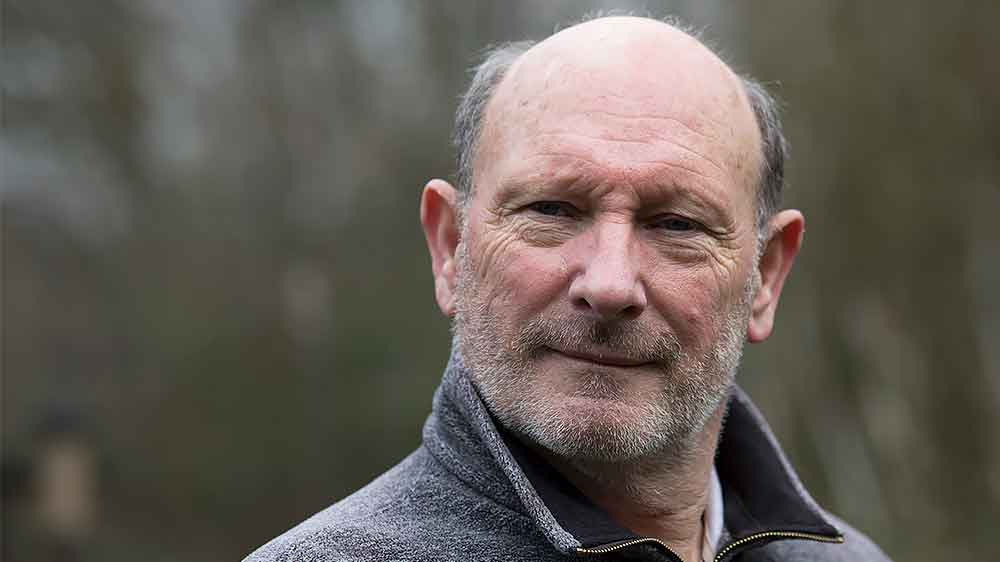
Together, they nurtured Matthew from life-threatening injuries to the point that he is, despite his restrictions, able to go about his life.
John is still in contact with some of those involved in Matthew’s care and rehabilitation. He has met and thanked the ambulance crew – the paramedic more than once.
“He always comes across and gives me a big hug, which is fantastic,” John says. “I’ve got his name and number in my mobile. He’s a lovely guy.”
He also keeps in touch through Facebook with Jenny, one of the nursing sisters (now a community nurse), who looked after Matthew. Just two months ago, he spoke to Matthew’s neuropsychologist, Russell Sheldrick – understandably “a very busy guy”.
More than seven years on, there’s no doubting the importance to John of these relationships, and the depth of feeling involved, when he says, “My family owe a huge debt of gratitude to everyone in the NHS who contributed to the recovery of my son.”
A fabulous thing
UNISON’s Public Service Champions campaign presented him, then, with an ideal opportunity to do two things.
First, and most importantly, he gets to say thanks publicly to those who played such an important part in helping him and his family get through the trauma of this life-changing event.
Second, he has some words for those who seek constantly to criticise and undermine the nation’s health services.
“I get sick to the back teeth of people moaning about the NHS,” John says. “Money is tight but our NHS is a fabulous thing. I have never had any issue getting to see my doctor.
“There are people out there who work long, long hours for not much money. They have always looked after my family and me. My son was looked after superbly. I don’t know what medical services are like in other countries, but I know that he couldn’t have got any better help or treatment than he did.
“I don’t like the way people like Jeremy Hunt use their position and power to ride roughshod over a public service that has benefited my family and millions of people, no end.
“Streamline it, yes. Bring it into the 21st century, yes. Right now, some of it isn’t. But organise it properly – and do it in co-operation with the people who work, on the ground, in the health service. Divert funds from elsewhere, if we have to. We spend money on things that do not benefit us. But whatever we do, the NHS simply cannot be allowed to collapse, because it’s just too important.”

